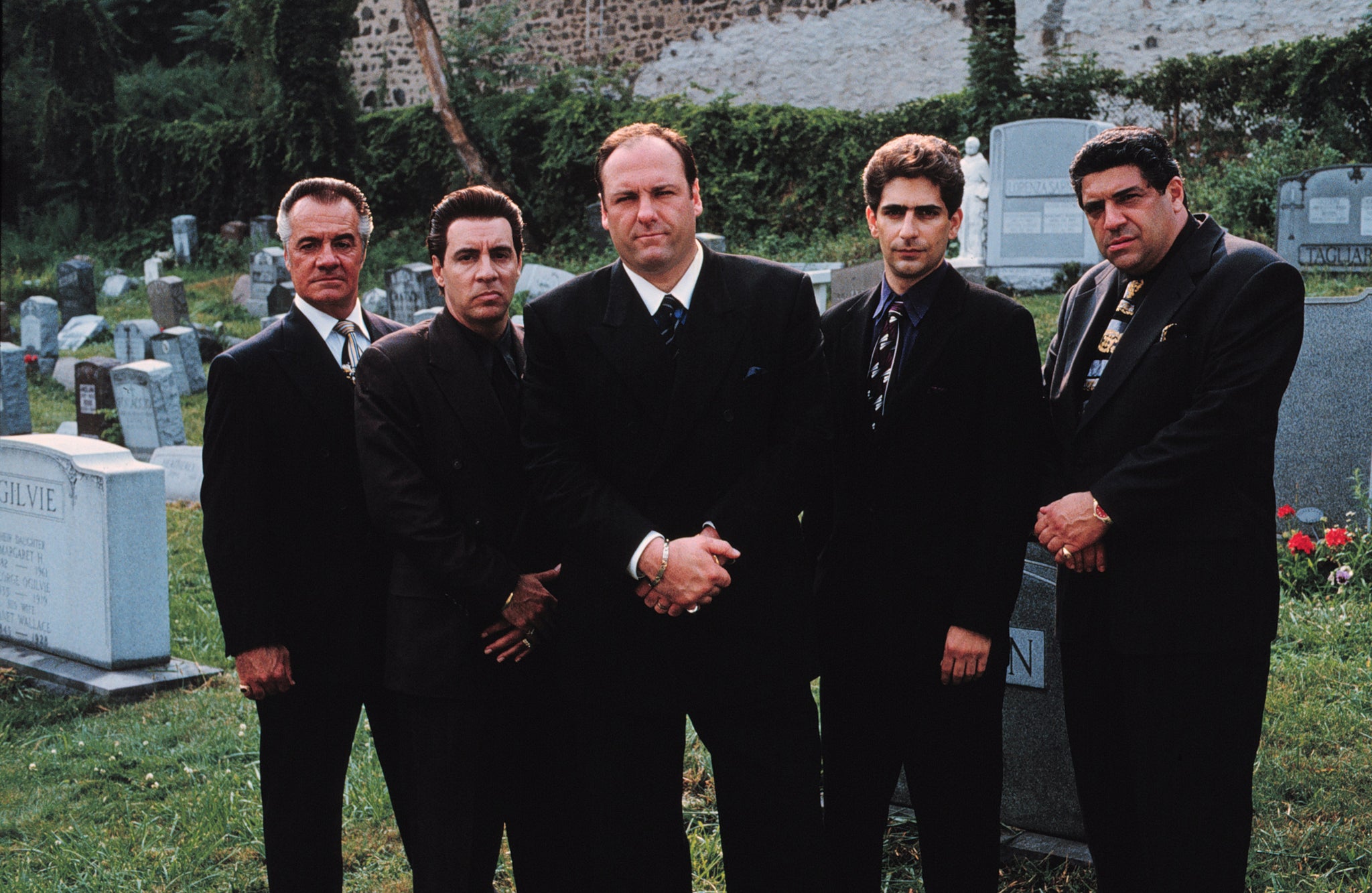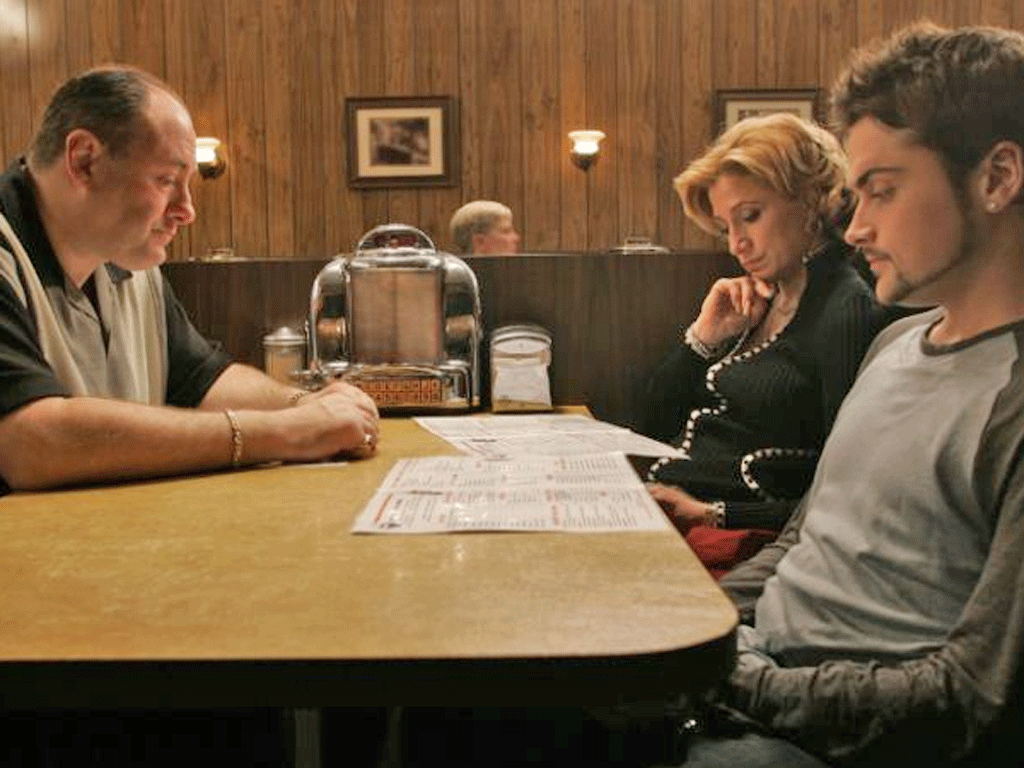Mafia mobsters are more sensitive, family-centred and less selfish than other criminals
Study finds convicted mobsters compartmentalise their feelings to separate mob business with positive feelings towards their loved ones

Members of the Mafia are more sensitive, family orientated and less selfish than other murderers, research looking into incarcerated Sicilian mobsters has found.
Members of the Mafia also appeared to have lower psychopathic traits than other criminals, a study lead by Italian researcher Professor Adriano Schimmenti concluded.
The research involved 30 inmates who were psychologically assessed using the Hare Psychopathy Checklist (PCL-R) which measures psychotic characteristics.
Seven of the Mafia members had been convicted of murder, 17 for violent crimes and the remainder for crimes such as drug trafficking, sexual exploitation and kidnapping, according to Discovery Magazine.
Those who received a score of 30 or above are considered a psychopath. None of the Mafia members scored over 30 in the researchers' test.
Instead, they expressed more concern for their family than the group of 39 non-Mafia prisoners convicted of non-gang related crimes, and never ceased to write or call them.

Furthermore, Prof Schimmenti found them to be less 'manipulative', ‘Machiavellian’, ‘narcissistic’, ‘unemotional’, ‘parasitic’ and/or ‘impulsive’ and less likely to have a substance abuse problem than the control group.
Prof Schimmenti explained this by suggesting the Mafia compartmentalised their lives and behaviours to split Mafia affairs from positive feelings towards their loved ones.
The authors did note the research only involved low ranking mafiosi, because access to higher ranking members is banned in Italy.
The team concluded: “Our findings bring new hope for resocialisation of convicted Mafia members, because they showed significant antisocial traits but they maintained a capacity for emotional connection and greater likelihood of engaging with training and resocialisation programmes than other imprisoned offenders in Italy.”
The study Mafia and Psychopathy was published in the journal Criminal Behaviour and Mental Health.
Join our commenting forum
Join thought-provoking conversations, follow other Independent readers and see their replies
Comments